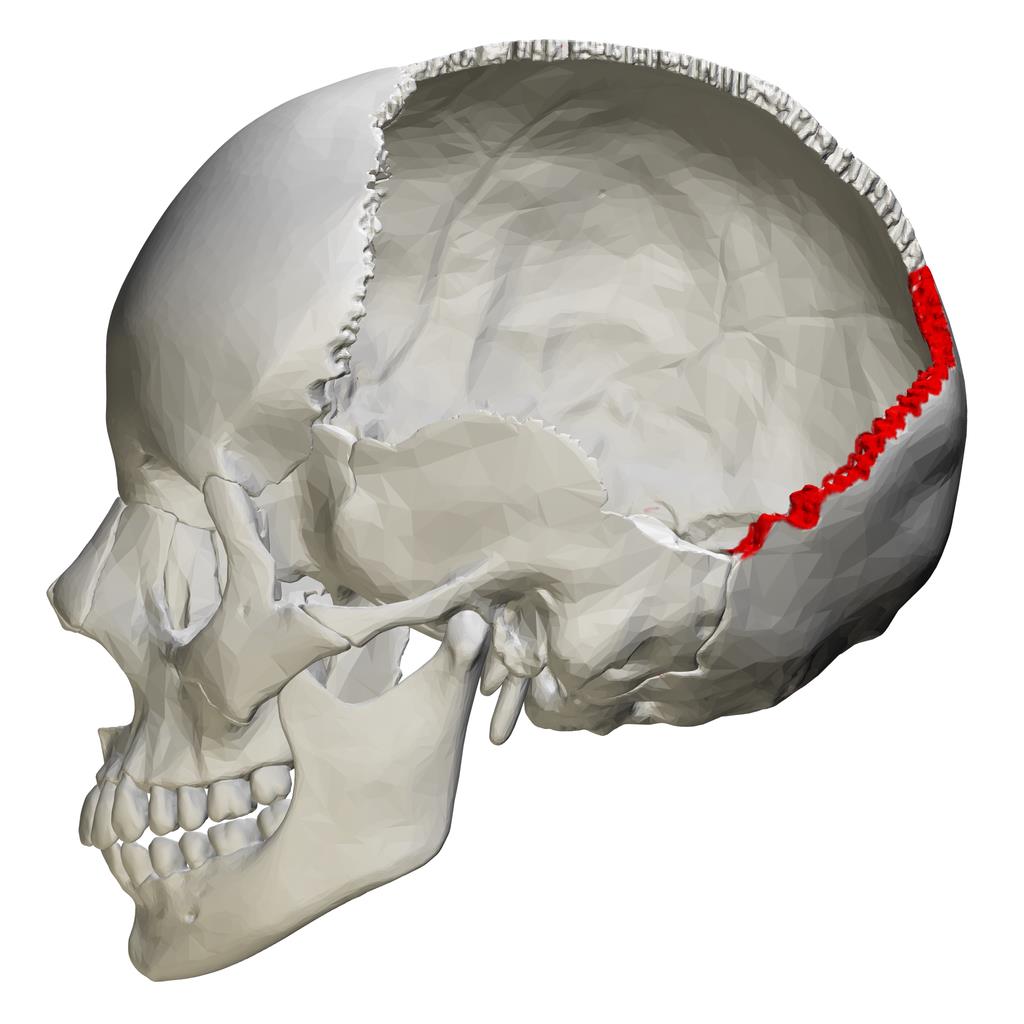Birth Control
From a message posted on Facebook: Is the pill safe? The International Agency for Research on Cancer in a 2007 study made by 21 scientists reported that the pill causes cancer, giving it the highest level of carcinogenicity, the same as cigarettes and asbestos. It also causes stroke, and significantly increases the risk of heart attacks. Several scientific journals have stated that...

Cranial Osteopathy in Dentistry
Editor’s note: Having just submitted a major grant on Friday and then having had to turn around and head to an NIH study section meeting today in Bethesda, I just didn’t have the time to produce something up to the usual standards of SBM for today. (And, being managing editor, I should know what’s up to the usual standards of SBM; what...
Crislip and Atwood at Boston Skeptics in the Pub, Wednesday, 10/19
Look here for details. We’ll talk about acupuncture for not too long, and then hang out and drink. Hope to see you there! KA
Dummy Medicine, Dummy Doctors, and a Dummy Degree, Part 2.2: Harvard Medical School and the Curious Case of Ted Kaptchuk, OMD (cont. again)
“Strong Medicine”: Ted Kaptchuk and the Powerful Placebo At the beginning of the first edition of The Web that has no Weaver, published in 1983, author Ted Kaptchuk portended his eventual academic interest in the placebo: A story is told in China about a peasant who had worked as a maintenance man in a newly established Western missionary hospital. When he retired...
What’s all that other stuff in my medicine?
If you read enough supplement advertisements, like I do, you’ll often see the purity of a product often cited as one of its merits. It’s usually some phrase like: Contains no binders! No fillers! No colours! No excipients! No starch! No gluten! No coatings! No flow agents! It’s a point of pride for supplement manufacturers to advertise that their product contains nothing...
Vitamins and Mortality
The discovery of various vitamins – essential micronutrients that cause disease when deficient – was one of the great advances of modern scientific medicine. This knowledge also led to several highly successful public health campaigns, such as vitamin-D supplementation to prevent rickets. Today vitamins have a deserved reputation for being an important part of overall health. However, their reputation has gone beyond...
Pursued by Protandim Proselytizers
I’m fed up! In August 2009 I wrote about Protandim, pointing out that it’s not supported by good evidence. I thought I had made myself clear; but apparently I had only made myself a target. True believers have deluged the Internet with attacks on my article, calling it mere “opinion,” ignoring its main points, and denigrating me personally. I have ignored the Internet...
Steve Jobs’ cancer and pushing the limits of science-based medicine
Editor’s note: There is an update to this post. An Apple fanboy contemplates computers and mortality I’m a bit of an Apple fanboy and admit it freely. My history with Apple products goes way back to the early 1980s, when one of my housemates at college had an Apple IIe, which I would sometimes use for writing, gaming, and various other applications....
The Prostrate Placebo
I seem to be writing a lot about the urinary tract this month. Just coincidence, I assure you. As I slide into old age, medical issues that were once only of cursory interest for a young whippersnapper have increasing potential to be directly applicable to grumpy old geezers. Like benign prostatic hypertrophy (BPH). I am heading into an age where I may...
Legislative Alchemy III: Acupuncture
Acupuncture is typically depicted as sticking needles at various points on the body prescribed (inconsistently, it turns out) by charts indicating purported “meridians” through which “qi” flows in the human, or animal, body. However, from one of the many SBM posts on acupuncture, this one by Dr. Novella , we in fact know that: the consensus of the best clinical studies on...




